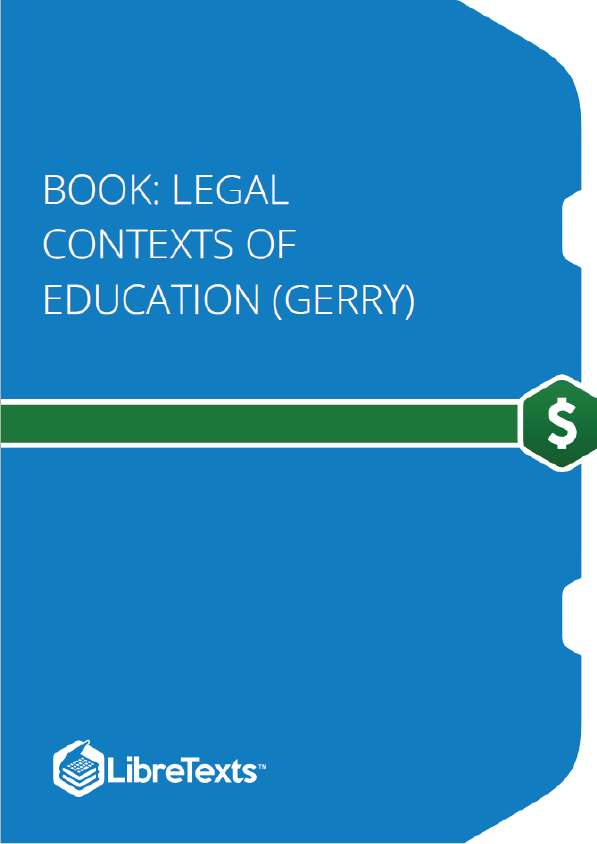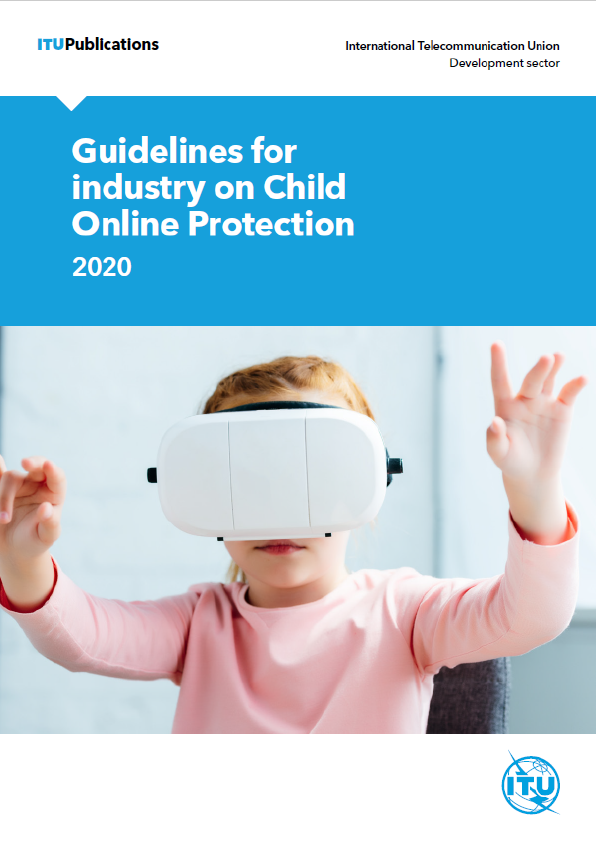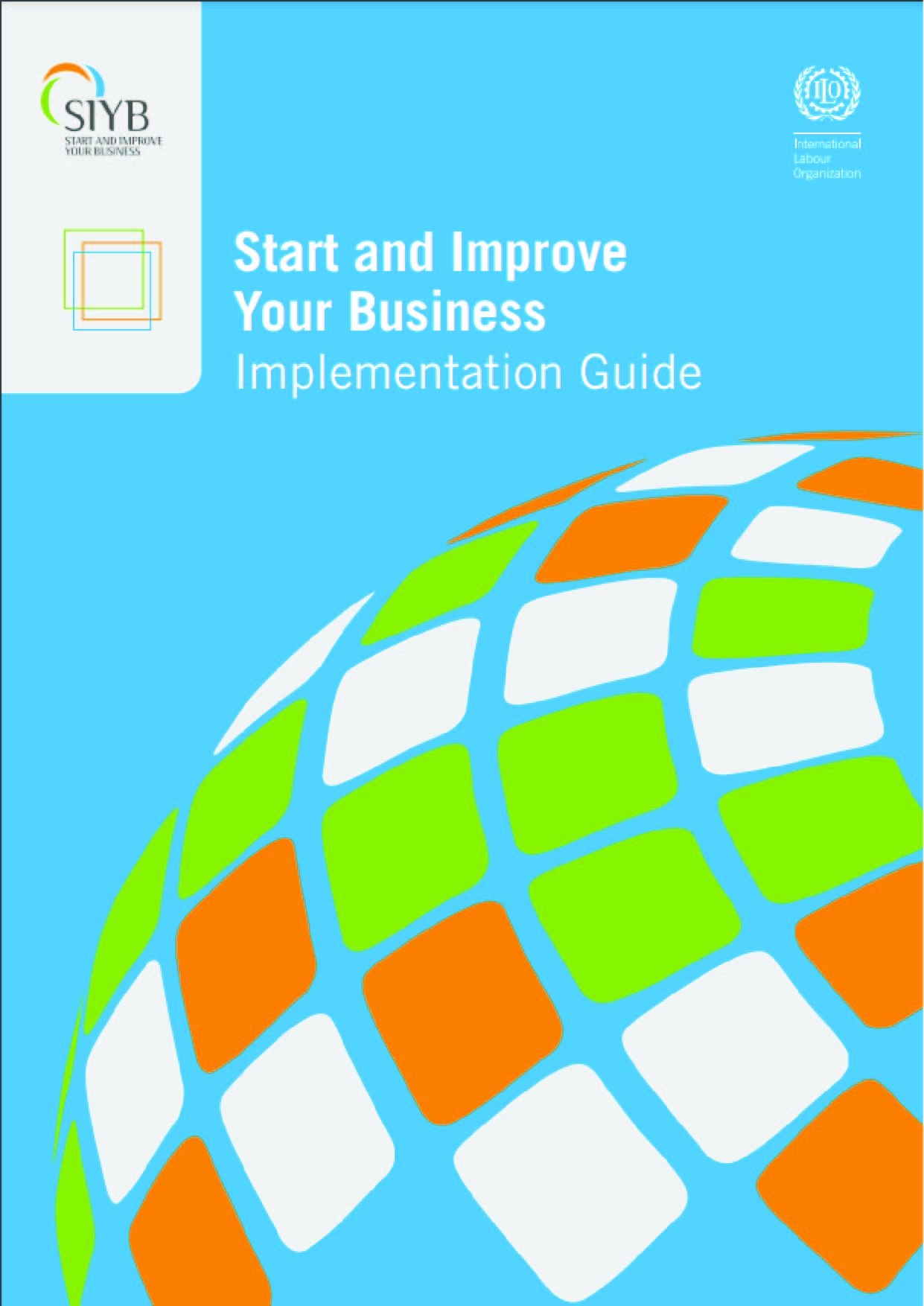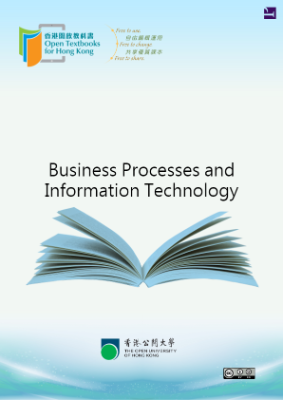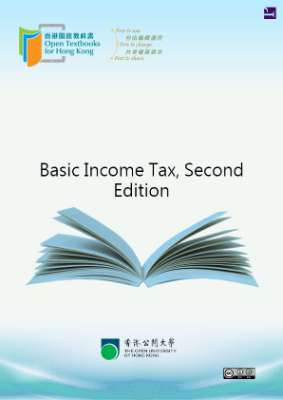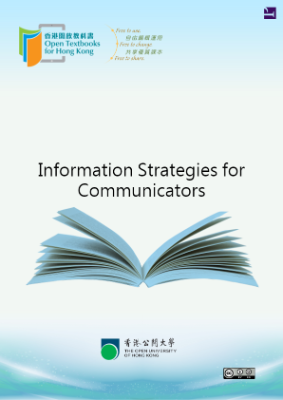Petitioners, three public school pupils in Des Moines, Iowa, were suspended from school for wearing black armbands to protest the Government’s policy in Vietnam. They sought nominal damages and an injunction against a regulation that the respondents had promulgated banning the wearing of armbands. The District Court dismissed the complaint on the ground that the regulation was within the Board’s power, despite the absence of any finding of substantial interference with the conduct of school activities. The Court of Appeals, sitting en banc, affirmed by an equally divided court.
Held:
1. In wearing armbands, the petitioners were quiet and passive. They were not disruptive and did not impinge upon the rights of others. In these circumstances, their conduct was within the protection of the Free Speech Clause of the First Amendment and the Due Process Clause of the Fourteenth. Pp. 505-506. 2. First Amendment rights are available to teachers and students, subject to application in light of the special characteristics of the school environment. Pp. 506-507. 3. A prohibition against expression of opinion, without any evidence that the rule is necessary to avoid substantial interference with school discipline or the rights of others, is not permissible under the First and Fourteenth Amendments. Pp. 507-514. 383 F.2d 988, reversed and remanded.
Dan L. Johnston argued the cause for petitioners. With him on the brief were Melvin L. Wulf and David N. Ellenhorn.
Allan A. Herrick argued the cause for respondents. With him on the brief were Herschel G. Langdon and David W. Belin.
Charles Morgan, Jr., filed a brief for the United States National Student Association, as amicus curiae, urging reversal. [393 U.S. 503, 504]
MR. JUSTICE FORTAS delivered the opinion of the Court. Petitioner John F. Tinker, 15 years old, and petitioner Christopher Eckhardt, 16 years old, attended high schools in Des Moines, Iowa. Petitioner Mary Beth Tinker, John’s sister, was a 13-year-old student in junior high school. In December 1965, a group of adults and students in Des Moines held a meeting at the Eckhardt home. The group determined to publicize their objections to the hostilities in Vietnam and their support for a truce by wearing black armbands during the holiday season and by fasting on December 16 and New Year’s Eve. Petitioners and their parents had previously engaged in similar activities, and they decided to participate in the program.
The principals of the Des Moines schools became aware of the plan to wear armbands. On December 14, 1965, they met and adopted a policy that any student wearing an armband to school would be asked to remove it, and if he refused he would be suspended until he returned without the armband. Petitioners were aware of the regulation that the school authorities adopted.
On December 16, Mary Beth and Christopher wore black armbands to their schools. John Tinker wore his armband the next day. They were all sent home and suspended from school until they would come back without their armbands. They did not return to school until after the planned period for wearing armbands had expired—that is, until after New Year’s Day.
